Global Center for Advanced Studies


Overview
The Global Centre for Advanced Studies (GCAS) was founded in 2013 by over 100 leading intellectuals, writers, philosophers, artists, and social scientists with a two-fold mission:
Provide students (we call them "Researchers") with the highest quality education, debt-free; and
Provide a learning environment bold enough to forge new horizons of thinking, innovation, and the transformation of the world into a healthier place to live for all.
What began as a dream has developed into a global network on five continents with seven centres throughout the world, including New York, Santa Barbara, Dublin, Ireland, Kampala, Uganda, Jakarta, Sydney, Santa Barbara, and Santiago, Chile. We have reached over 2.5 million people and held over 50 seminars, international conferences, and workshops.
Degrees
.avif)
Ready to advance your education with a globally recognised degree?
Dean
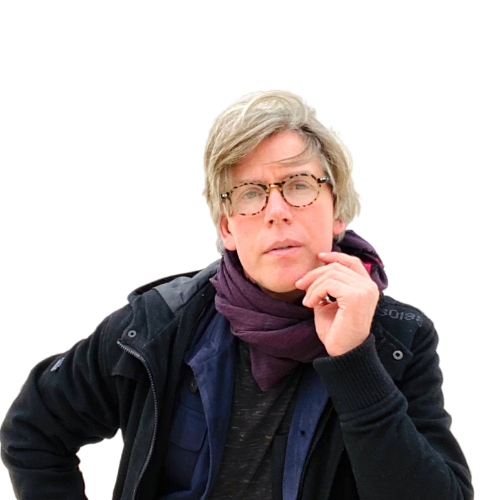
Creston Davis
Founder and director of The Global Center for Advanced Studies (GCAS) and the Chancellor and CEO of GCAS College Dublin
Creston Davis, (PhD University of Virginia, MTS Duke University) is the founder and director of The Global Center for Advanced Studies (GCAS) and the Chancellor and CEO of GCAS College Dublin. Davis was promoted to Associate Professor at Rollins College (2012) and has published books with The MIT Press, Columbia and Duke University Press.
He is the creator of and co-edits the Insurrections: Critical Studies in Religion, Politics and Culture series, an academic book series published by Columbia University Press.
He currently researches future consciousness, sustainability, and advanced technologies.
Academic board
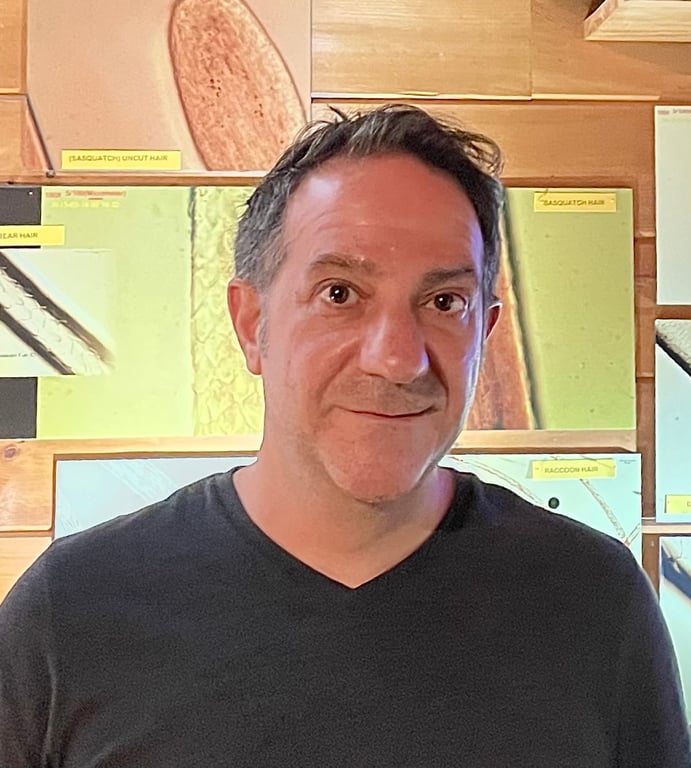
Mario D’Amato completed his Ph.D. at the University of Chicago (2000), where he studied the philosophy of religion, with a special emphasis on Buddhist philosophy. His primary research has been focused on the translation and interpretation of Sanskrit Buddhist doctrinal texts from the Yogācāra school, a school notable for having developed a Buddhist conception of the “unconscious.” D’Amato published a study and annotated translation of the fourth century CE Buddhist treatise, Distinguishing the Middle from the Extremes (Columbia, 2012), the co-edited volume Pointing at the Moon: Buddhism, Logic, Analytic Philosophy (Oxford, 2009), as well as a number of articles on Buddhist thought in various journals and edited volumes. D’Amato’s continuing research aims to engage Buddhist thought in relation to Hegel, semiotics, and especially psychoanalysis.
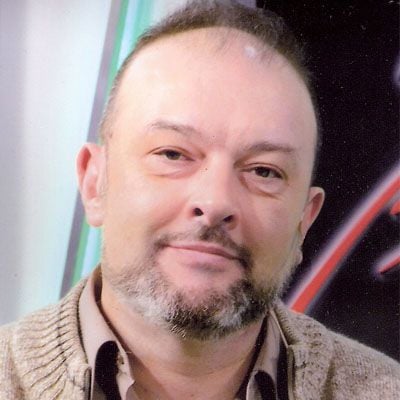
Fernando Tohmé is a Principal Researcher of CONICET (National Research Council of Argentina) and Full Professor at the Department of Economics of the Universidad Nacional del Sur, in Bahía Blanca, Argentina. He holds an undergraduate degree in Mathematics and a Ph.D. in Economics (under the late Rolf Mantel). A former Fulbright Scholar he held visiting positions at U.C. Berkeley, Washington University in St. Louis and Endicott College. His research has focused on decision problems, game theory and optimization in socio-economic settings. He is currently working on a category-theoretical reformulation of the emergence of social orders. Tohmé has been the thesis advisor of more than fifteen doctoral students in Economics, Engineering and Mathematics. He has published research articles in peer-reviewed journals like Synthese, Theory and Decision, Mathematics of Social Sciences, Journal of Applied Logic, Physica A, Artificial Intelligence, Mathematical and Computational Modeling, and Annals of Operations Research among others.
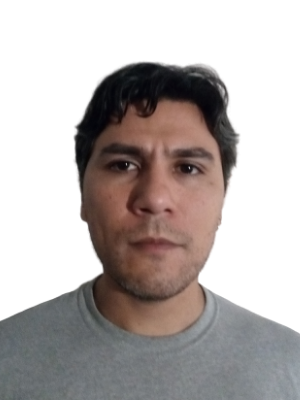
Francisco González Castro (1984) is Assistant Professor of Philosophy & the Arts, the Dean of Academic and Student Affairs, and the Director of The Global Center for Advanced Studies -- Latino América (Santiago, Chile). He is an artist, curator, and researcher. B.A. in Art (2006) M.A. in Arts (2009) and Ph.D. in Arts (2017) at the Pontificia Universidad Católica de Chile.
As an artist, he has developed his work since 2005 to date with exhibitions and presentations, both individual and collective, in Chile (Santiago, Viña del Mar, Valparaíso, Concepción and Valdivia) as well as abroad (Sweden, Germany, Spain, France and the United States). In addition, he has done various projects as curator, focused on establishing relationships between artists of different generations around issues of art and society. In his works and research he approaches social and political themes around the power and reflections of the usefulness of art as an element of concrete change in society and within the contingency, positioning the concept of the political-artistic. Highlights are the projects: “In between / art y society” (2012), “In between / art and contingency” (2014) and “Layers of Disappearing: 1002 of 7000” (2016). He has also presented his research in various congresses and magazines in Chile and abroad. Recently published the book “Performance Art in Chile: histories, processes and discourses”.
He has worked in different educational institutions in vulnerable contexts, as an assistant for various undergraduate and postgraduate courses at the Faculty of Arts of the Pontificia Universidad Católica de Chile, and as a professor at the Universidad UNIACC.

Founder and director of The Global Center for Advanced Studies (GCAS) and the Chancellor and CEO of GCAS College Dublin
Creston Davis, (PhD University of Virginia, MTS Duke University) is the founder and director of The Global Center for Advanced Studies (GCAS) and the Chancellor and CEO of GCAS College Dublin. Davis was promoted to Associate Professor at Rollins College (2012) and has published books with The MIT Press, Columbia and Duke University Press.
He is the creator of and co-edits the Insurrections: Critical Studies in Religion, Politics and Culture series, an academic book series published by Columbia University Press.
He currently researches future consciousness, sustainability, and advanced technologies.
Faculty, instructors and professional experts
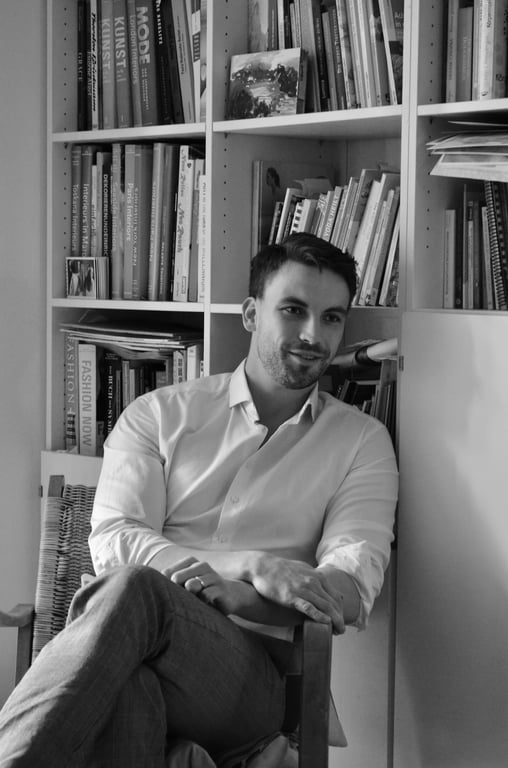
Florian joins extensive professional expertise in the health-tech sector with a focus on corporate / business development and strategy (consulting) in start-ups and an academic background in psychology, neuroscience, and philosophy. He has received a BSc in neuroscience and psychology from University College Utrecht and a Master of Arts in Philosophy from the Global Centre for Advanced Studies and is currently a PhD candidate at the Global Centre for Advanced Studies. Born and raised in Berlin, Germany has lived and worked across Europe, most notably the United Kingdom, the Netherlands, Spain, Italy, and Germany as well as China, the Philippines, and the USA. His publications include pieces in philosophy as well as neuroscience. His most recent publication is "An Empirical Inquiry into the Narratological Function of Mind-Wandering in Readers of Literary Texts" published by Diegesis. His writing spans the fields of neuroscience, philosophy and psychoanalysis centered around Jungian analytical psychology. It focuses on Jungian Philosophy and its overlaps with Mythology, Ritual Studies, social media, Artificial Intelligence, Daoism, Mysticism, Psychoanalysis and Neuroscience. He is especially interested in the attempts to construct identity as it is presented in these perspectives. He has self-published several books dealing with these topics which can be accessed at www.kleinau-publications.com. In Fall 2022 he has been appointed co-director of the MA in Psychoanalysis at GCAS College Dublin which will commence in October 2023. He has also been appointed co-director of the MBA programme at GCAS College Dublin which will commence in 2024/25. Besides this, Florian is engaged in GCAS’ development office where he helps the chancellor develop the organization. Together with his two daughters and wife he currently lives close to the Danish/German border enjoying divine sunsets and sunrises in the north of his home-country.
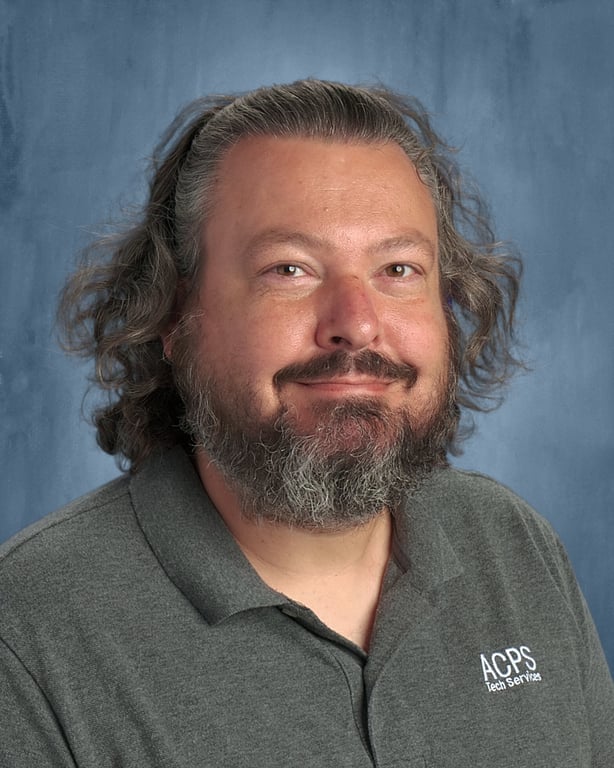
Christopher Outlaw is an Adjunct Lecturer of Philosophy at Northern Virginia Community College and the Secretary of the Virginia Philosophical Association. He has a BA in Philosophy from the University of North Carolina at Charlotte and a MA in Philosophy from George Mason University with a concentration in professional ethics. Applied ethics has been his traditional focus in philosophy, but he has made a shift towards virtue ethics in recent years. Outside of academia, he founded and facilitates a local reading group on the works of Soren Kierkegaard called “Kierkegaard on the Potomac.” Christopher is associated with the Global Centre for Advanced Studies as a Student Researcher.
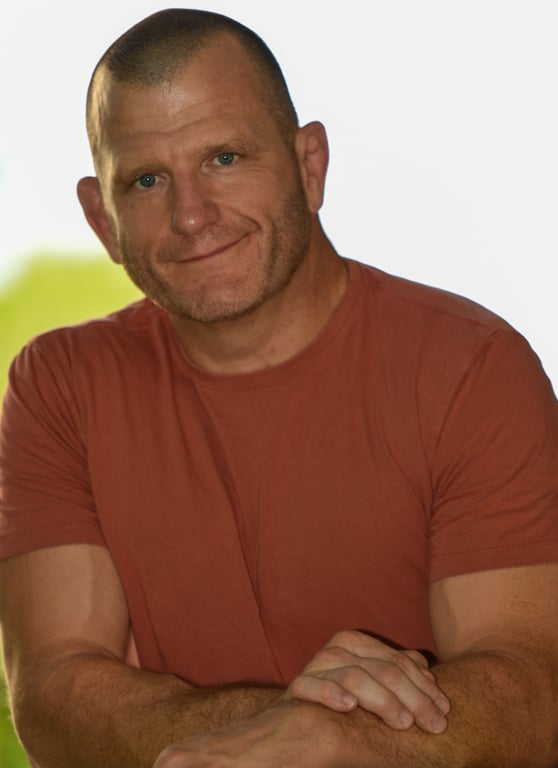
Jim Madden is a professor of philosophy at Benedictine College. His areas of research interest are in the philosophy of mind, the philosophy of religion, metaphysics, and psychoanalysis, and in particular the how embodied account of consciousness (e.g., Merleau-Ponty's work) can contribute to all of these areas of inquiry. He is the author of three books: Thinking about Thinking: Mind and Meaning the Era of Technological Nihilism; Mind, Matter, and Nature: A Thomistic Proposal for the Philosophy of Mind; and Unidentified Flying Hyperobject: UFOs, Philosophy, and the End of the World. Currently, he is focusing on psychoanalytic/Hegelian approaches to the hard problem of consciousness and critiques of Aristotelian notions of the good life.

Asma Abbas is Professor of Political Science, and Dean of the School of Social Sciences, Arts, and Humanities at Al Akhawayn University of Ifrane, Morocco (2022-present). She is also Professor of Politics and Philosophy, and Director of Transdisciplinary and Experimental Studies at Bard College at Simon’s Rock. In recent years, she has also served as the Dean of Academics and Professor of Liberal Studies at the Indus Valley School of Art and Architecture in Karachi, Pakistan, and the Fulbright-Masaryk Distinguished Chair in Social Studies at Masaryk University in Brno, Czech Republic. She is senior research fellow at the Global Centre of Advanced Studies in Dublin where she heads GCAS-Jehān, associate faculty at the Brooklyn Institute for Social Research, and teaches in the M.Phil. in Art and Design at the Indus Valley School of Art and Architecture. She is founding organiser of Hic Rosa Collective (and its international travelling Studio in Materialist and Anticolonial Politics and Aesthetics), the Falsework School for political education, Some Beloved Productions, ACCREW Caucus of the DSA, and the Common Tern Internationalist Co-op of Cultural Workers. Abbas is the author of Another Love: A Politics of the Unrequited (2018) and Liberalism and Human Suffering: Materialist Reflections on Politics, Ethics, and Aesthetics (2010). Her work has been part of several volumes and anthologies, and her essays have appeared in Hypatia, Theory and Event, Democratic Theory, Journal of Politics, Politics and Culture, among others.
Abbas is a transdisciplinary political theorist interested in the history of forms of political existence, experience, and knowledge. She was born and raised in Karachi, which still furnishes most of the affective abundances that drive her vocations. Her scholarship and teaching evince a cultivated practice in anticolonial and materialist politics and aesthetics, and a commitment to de-provincializing marginalized ways of thinking, being, and knowing in the service of liberatory anti-colonial, anti-capitalist, antifascist, and anti-nationalist hospitalities, imaginations, and cultivations in practices of knowing, being, and worldmaking. She currently lives between Ifrane, Richmond, and Karachi.
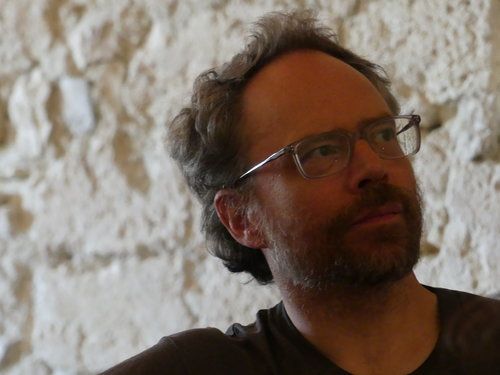
Rocco Gangle is a Professor of Philosophy at Endicott College. He is the author of Francois Laruelle’s Philosophies of Difference: A Critical Introduction and Guide (EUP 2013) and Diagrammatic Immanence: Category Theory and Philosophy (EUP 2016), co-author of Iconicity and Abduction (Springer 2017), and co-editor of Superpositions: Laruelle and the Humanities (Rowman and Littlefield 2017). His research focuses on semiotics, diagrammatic logic, metaphysics, and political philosophy.
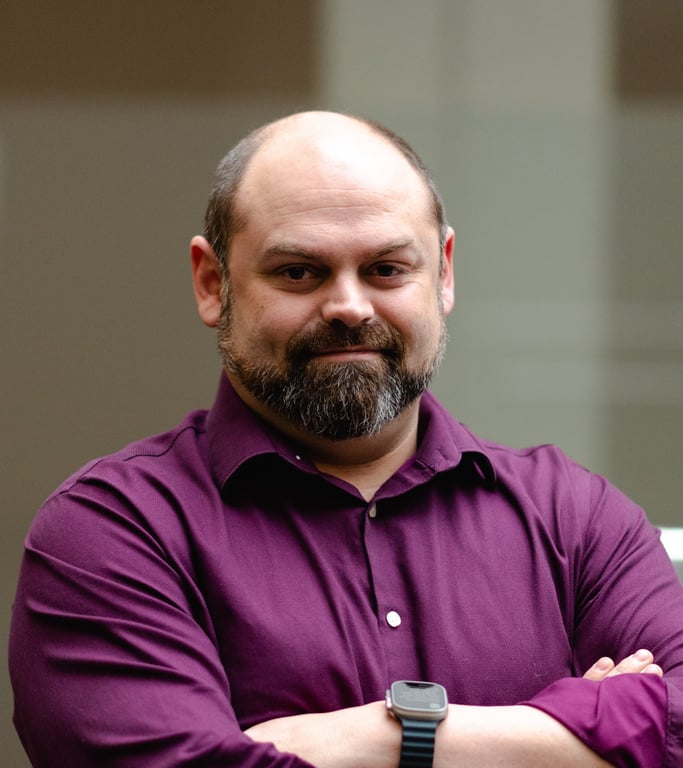
I received my doctorate from the University of Chicago in ancient Near Eastern languages focusing on Hebrew, Aramaic, and Biblical Greek with specializations in the poetry of the Dead Sea Scrolls. Upon graduation, I worked in private industry in the field of software engineering. During that time, I gained considerable facility with the literature and concepts of Jacques Lacan specifically and psychoanalysis and philosophy more broadly. Currently, I teach a variety of public and private classes in the biblical languages, Catholic theology, and Lacanian psychoanalytic theory.

Mario D’Amato completed his Ph.D. at the University of Chicago (2000), where he studied the philosophy of religion, with a special emphasis on Buddhist philosophy. His primary research has been focused on the translation and interpretation of Sanskrit Buddhist doctrinal texts from the Yogācāra school, a school notable for having developed a Buddhist conception of the “unconscious.” D’Amato published a study and annotated translation of the fourth century CE Buddhist treatise, Distinguishing the Middle from the Extremes (Columbia, 2012), the co-edited volume Pointing at the Moon: Buddhism, Logic, Analytic Philosophy (Oxford, 2009), as well as a number of articles on Buddhist thought in various journals and edited volumes. D’Amato’s continuing research aims to engage Buddhist thought in relation to Hegel, semiotics, and especially psychoanalysis.
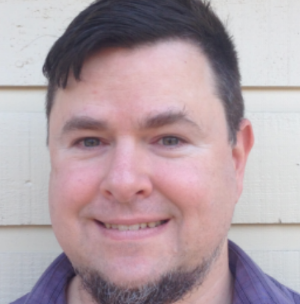
Keith Faulkner, PhD (Warwick) has studied the French philosopher, Gilles Deleuze for over twenty years. He translated (2001) the two essays Deleuze wrote in 1945. After doing his PhD on Deleuze’s philosophy of time at the University of Warwick, he published Deleuze and the Three Syntheses of Time (2006) and The Force of Time: An Introduction to Deleuze though Proust (2008), which have been translated into Korean. He is currently working on a book on Deleuze’s practical philosophy.

Fernando Tohmé is a Principal Researcher of CONICET (National Research Council of Argentina) and Full Professor at the Department of Economics of the Universidad Nacional del Sur, in Bahía Blanca, Argentina. He holds an undergraduate degree in Mathematics and a Ph.D. in Economics (under the late Rolf Mantel). A former Fulbright Scholar he held visiting positions at U.C. Berkeley, Washington University in St. Louis and Endicott College. His research has focused on decision problems, game theory and optimization in socio-economic settings. He is currently working on a category-theoretical reformulation of the emergence of social orders. Tohmé has been the thesis advisor of more than fifteen doctoral students in Economics, Engineering and Mathematics. He has published research articles in peer-reviewed journals like Synthese, Theory and Decision, Mathematics of Social Sciences, Journal of Applied Logic, Physica A, Artificial Intelligence, Mathematical and Computational Modeling, and Annals of Operations Research among others.

Francisco González Castro (1984) is Assistant Professor of Philosophy & the Arts, the Dean of Academic and Student Affairs, and the Director of The Global Center for Advanced Studies -- Latino América (Santiago, Chile). He is an artist, curator, and researcher. B.A. in Art (2006) M.A. in Arts (2009) and Ph.D. in Arts (2017) at the Pontificia Universidad Católica de Chile.
As an artist, he has developed his work since 2005 to date with exhibitions and presentations, both individual and collective, in Chile (Santiago, Viña del Mar, Valparaíso, Concepción and Valdivia) as well as abroad (Sweden, Germany, Spain, France and the United States). In addition, he has done various projects as curator, focused on establishing relationships between artists of different generations around issues of art and society. In his works and research he approaches social and political themes around the power and reflections of the usefulness of art as an element of concrete change in society and within the contingency, positioning the concept of the political-artistic. Highlights are the projects: “In between / art y society” (2012), “In between / art and contingency” (2014) and “Layers of Disappearing: 1002 of 7000” (2016). He has also presented his research in various congresses and magazines in Chile and abroad. Recently published the book “Performance Art in Chile: histories, processes and discourses”.
He has worked in different educational institutions in vulnerable contexts, as an assistant for various undergraduate and postgraduate courses at the Faculty of Arts of the Pontificia Universidad Católica de Chile, and as a professor at the Universidad UNIACC.

Founder and director of The Global Center for Advanced Studies (GCAS) and the Chancellor and CEO of GCAS College Dublin
Creston Davis, (PhD University of Virginia, MTS Duke University) is the founder and director of The Global Center for Advanced Studies (GCAS) and the Chancellor and CEO of GCAS College Dublin. Davis was promoted to Associate Professor at Rollins College (2012) and has published books with The MIT Press, Columbia and Duke University Press.
He is the creator of and co-edits the Insurrections: Critical Studies in Religion, Politics and Culture series, an academic book series published by Columbia University Press.
He currently researches future consciousness, sustainability, and advanced technologies.
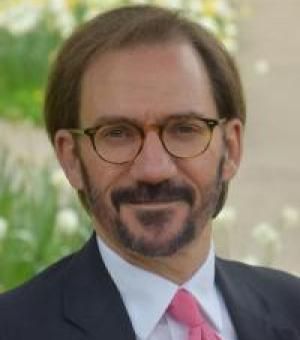
GCAS College Board of Trustees and a Professor of Science and Religion
Professor Shaun Henson (D.Phil, Oxford University; M.Div, Duke University) is a member of GCAS College Board of Trustees and a Professor of Science and Religion. Dr. Henson is a lecturer in Science & Religion at Oxford University.
University of Oxford https://www.theology.ox.ac.uk/people/dr-shaun-henson#/
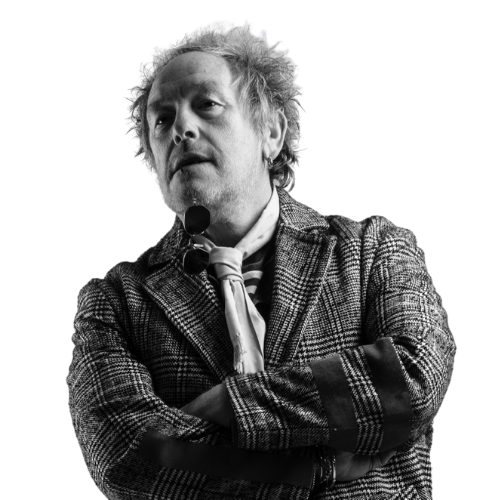
My work is focused on the intersections between religion, theology, and culture, with a particular emphasis on the impact and interplay of contemporary digital life on religion and belief (particularly Western Christianity). I am particularly interested in religion where it is least obvious and in cultural clinamens- the behaviour and phenomena that escape our categorizing and thus provide an opportunity for reframing how we think and approach life.
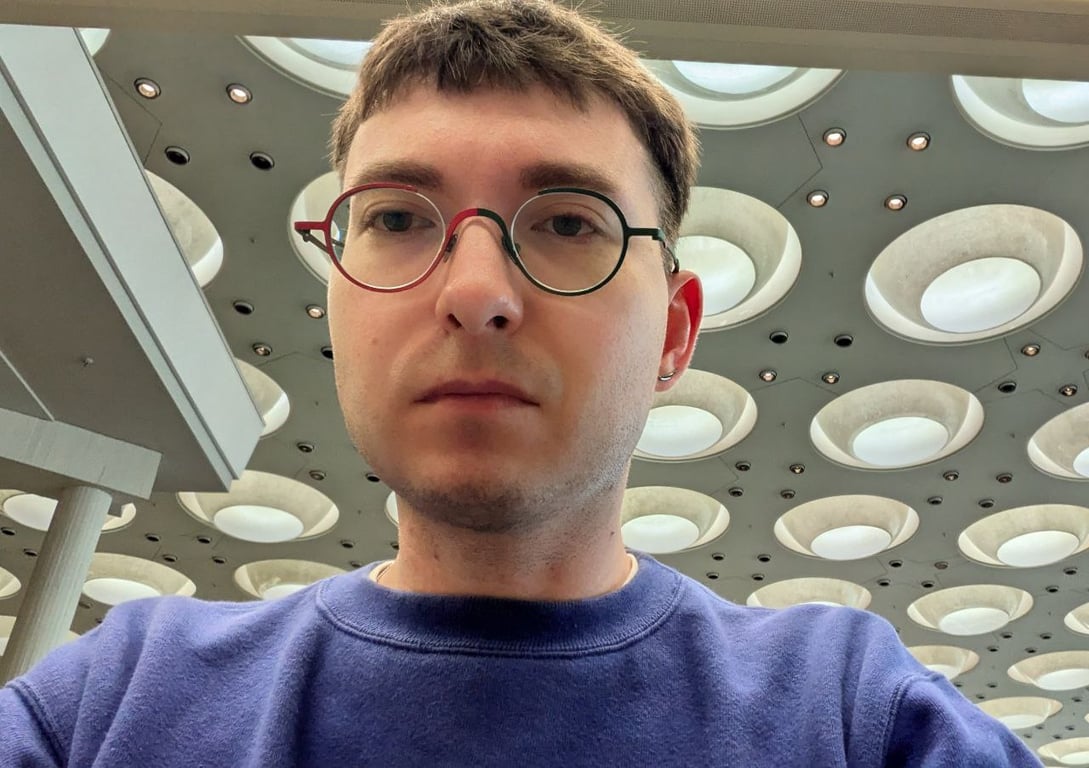
Maxim (Maksym) Miroshnichenko is a PhD in philosophy (2019) and a research fellow at the Bauhaus-Universität Weimar. His interests revolve around cybernetics/systems theory, enactive cognition, Soviet philosophy of science, and AI. Currently, he works on a project dedicated to the intersections of Marxism and cybernetics in the Soviet logico-methodological thought as a contribution to the discussions on AI, cognitivism, and posthumanism.
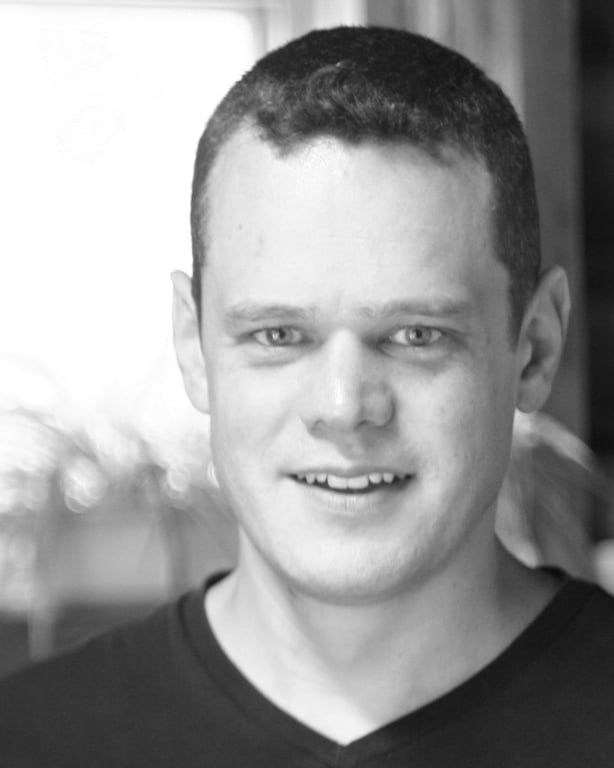
BA, Bard College at Simon's Rock; PhD, Columbia University. Dr. Neilson's work studies the financial relationships and institutions of contemporary capitalism. He is the author of Minsky (Polity, 2019), which builds a theory of financial capitalism based on the work of monetary theorist Hyman Minsky. He also writes Soon Parted, a newsletter about central banking, monetary theory and fintech. Dr. Neilson's previous research has focused on China's financial markets, on the structure of the global monetary system, and on the evolution of the Federal Reserve. Previously, Dr. Neilson was an economist at the Institute for New Economic Thinking, where he helped created a global research program to promote novel and critical theories for understanding issues of financial stability. At Simon's Rock, Dan teaches classes in macroeconomics, money and banking, international finance, artificial intelligence and political economy.
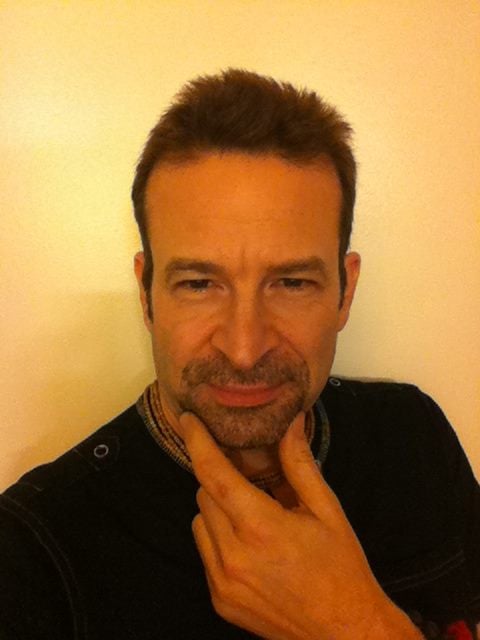
Michael Sudduth (DPhil, University of Oxford) is a lecturer in the Philosophy Department at San Francisco State University, where he has taught philosophy and religion classes for twenty years, as well as coordinated the university-wide program in Philosophy and Religion. He specializes in western and eastern philosophy of religion, and theoretical and applied epistemology.
Earlier in his career, Sudduth focused on topics in the philosophy of religion, especially natural theology and the epistemology of religious belief. His notable publications in this area include his book The Reformed Objection to Natural Theology (Routledge, 2009), and peer-reviewed and invited papers such "Can Religious Unbelief be Proper Function Rational?" Faith and Philosophy (1999), “Pico della Mirandola’s Philosophy of Religion” in Miraculum Est Homo: The Renaissance Philosopher Giovanni Pico della Mirandola (Cambridge University Press, 2008), and “The Contribution of Religious Experience to Dogmatic Theology” in Analytic Theology, ed. Michael Rea and Oliver Crisp (Oxford University Press, 2009). His notable contributions in epistemology include “Defeaters in Epistemology,” Internet Encyclopedia of Philosophy (December 2008).
Since 2005, Sudduth has focused on the philosophical and empirical aspects to belief in life after death, with a special emphasis on the epistemology and logic of survival arguments. His notable publications here include his book A Philosophical Critique of Empirical Arguments for Postmortem Survival (Palgrave Macmillan, 2016), and two monograph-length skeptical assessments of alleged evidence for life after death: “The James Leininger Case Re-examined,” Journal of Scientific Exploration, 35:4** (2021), and "The Augustine-Braude Bigelow Survival Debate: A Postmortem and Future Directions" Journal of Scientific Exploration 38:3 (2024).
Sudduth is currently working on issues in artificial intelligence and education, as well as the application of concepts in epistemology and critical thinking to criminal investigations and legal reasoning. He is a former practitioner in the eastern spiritual traditions of Vaishnavism, Advaita Vedanta, and Zen Buddhism. His hobbies include guitar playing and fiction writing.
